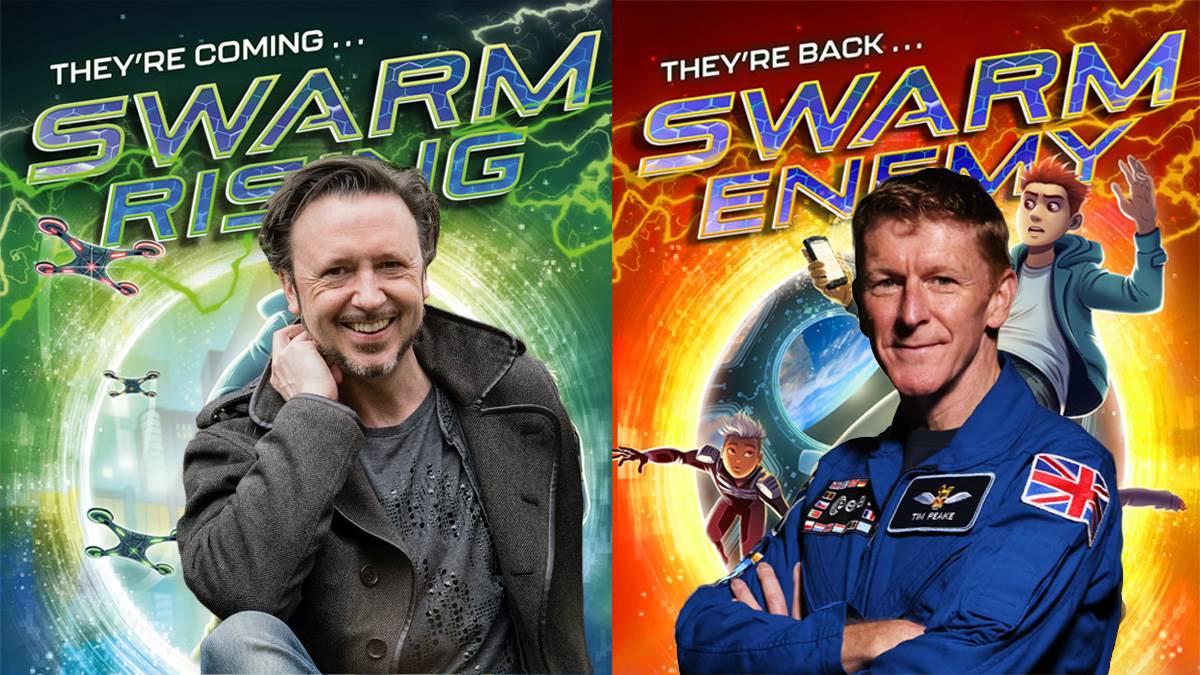You might also like...
Whether you're after more alien adventures or you're amazed by the wonders of the galaxy, these are the books for you!
Books about space
These great intergalactic adventures for all ages will take you on exciting interstellar journeys through the cosmos...
Books to celebrate Moon Day
These children's books are a brilliant way to get your child excited about the science and mythology of the moon. And, most important of all, these books are just a fun way to think and talk about space!








